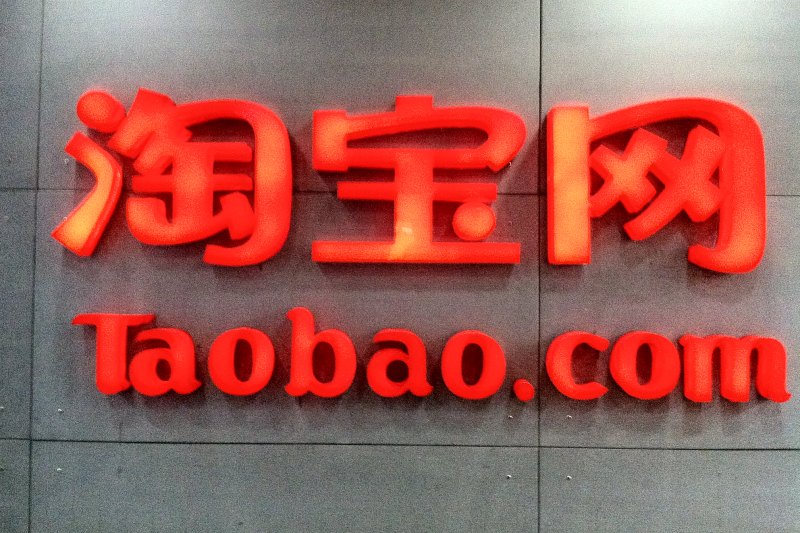
China-based online marketplace Taobao, a subsidiary of Alibaba, has announced that it will be banning the sale of any ICO-related services from its platform effective on April 17, 2018.
The new restrictions are an additional measure to Taobao’s previous cryptocurrency-related ban, which halted the sale of products and services related more generally to cryptocurrency (ie Bitcoin mining machines and mining tutorials.) Stores who continue to offer ICO and crypto-related services will be punished based on a points system.
Taobao reportedly hopes that the new regulations will protect customers from financial risks and illicit activities related to ICOs. However, it’s clear that the rules have also been changed to become more compliant with the wishes of the People’s Bank of China (PBOC), who stated that “any institution may not provide trading, exchange, pricing, brokerage, payment and other services [related to digital currency and similar digital products.]”
The press release announcing the policy change included a clause against “products with the same technical properties and generating mechanisms as digital currency, such as digital pets generated based on blockchain technology.” Bye-bye, CryptoKitties.
China on Crypto: Still a “No-No”
Taobao’s decision to further restrict crypto-related service on its platform coincides with the PBOC’s publishing of an article titled “Effectively Strengthening Virtual Currency Supervision to Firmly Maintain National Currency Issuing Rights.” Written by Wang Xin, director of the PBOC’s Currency Bullion Bureau, reaffirmed the government’s antagonistic attitude toward crypto.
As FortuneZ reported, Wang wrote that half of the Bitcoin network is associated with criminal activity:
“Some cross-platform operations, Internet credits that are universally accepted in local areas, and decentralized crypto tokens such as Bitcoin are separated from the real economy and are used in the name of digital economy, blockchain technology, etc., for money laundering and terror…If you let go, you will be in control of the national currency circulation order and financial consumers’ legal rights. Financial instability has caused great harm.”
When the PBOC elected Yi Gang as its new governor in March, hopeful hodlers around the world wondered if China’s restrictive attitude toward crypto would ease. After all, Yi said that he admired the fact that “ordinary people have the freedom to participate” in the Bitcoin network in 2013.
Not so. The publication of Wang’s article, along with the announcement from Taobao, is a strong indication that China’s bans are here to stay for a while yet.
(Photo: flickr)

